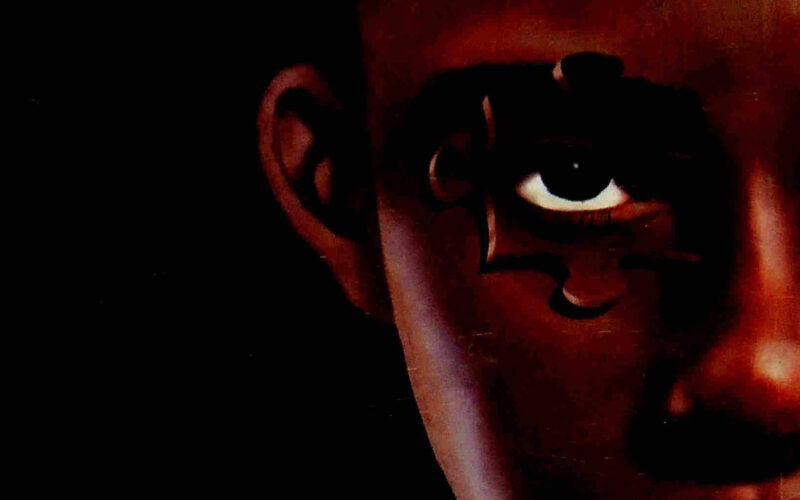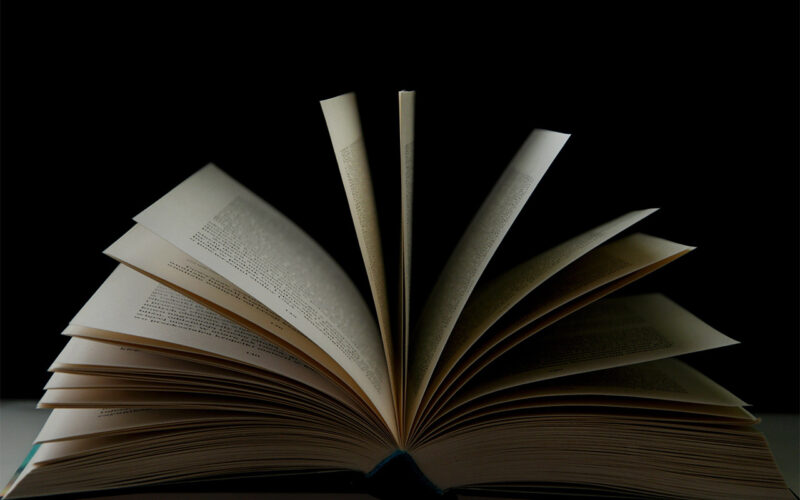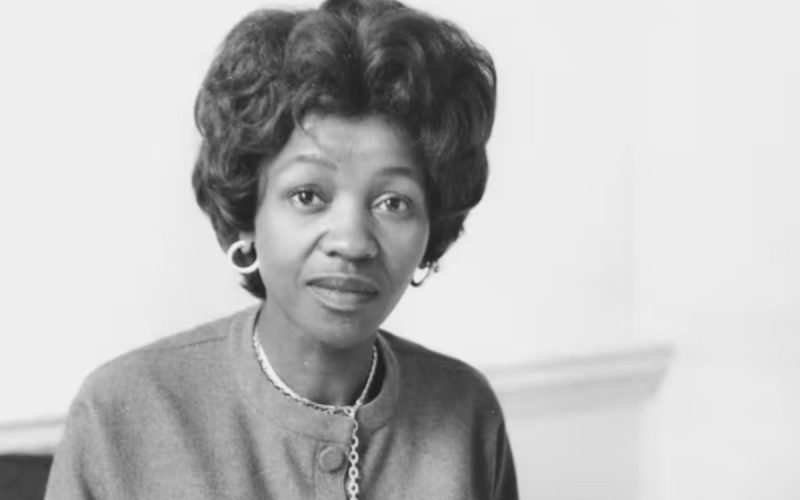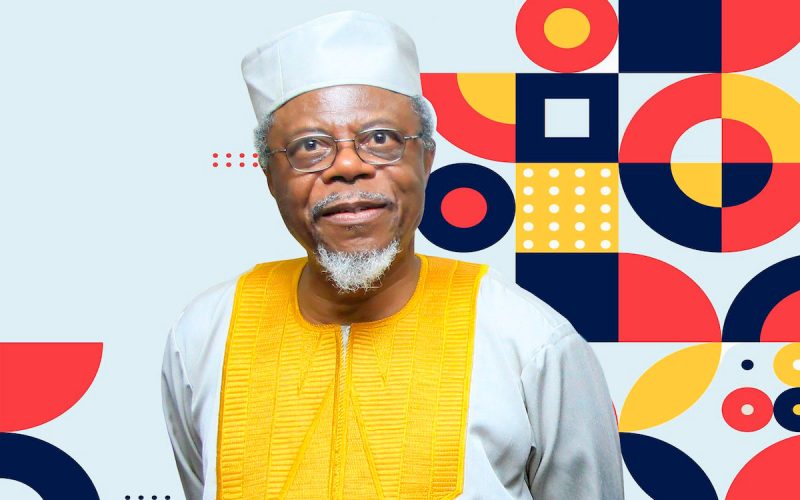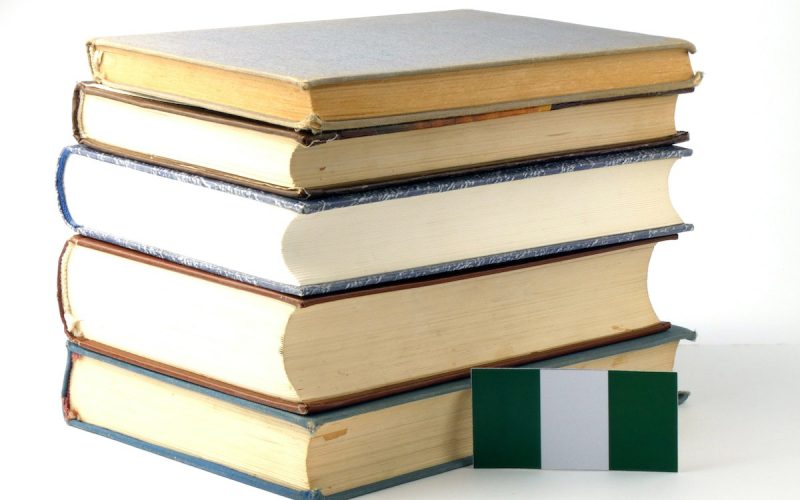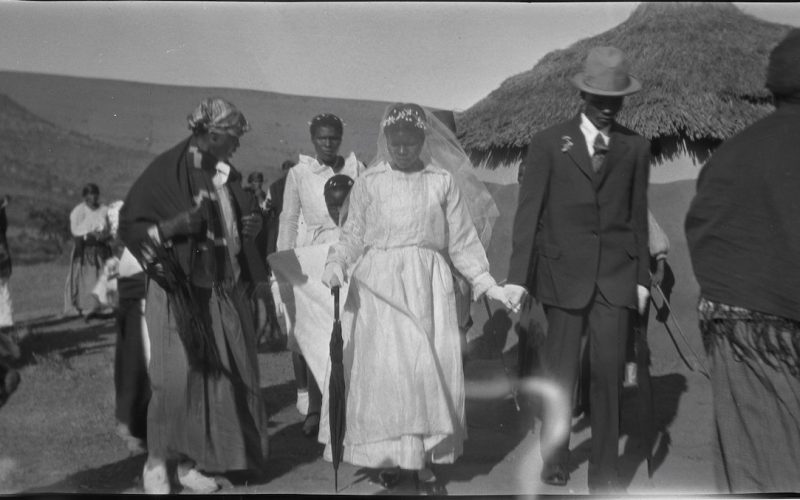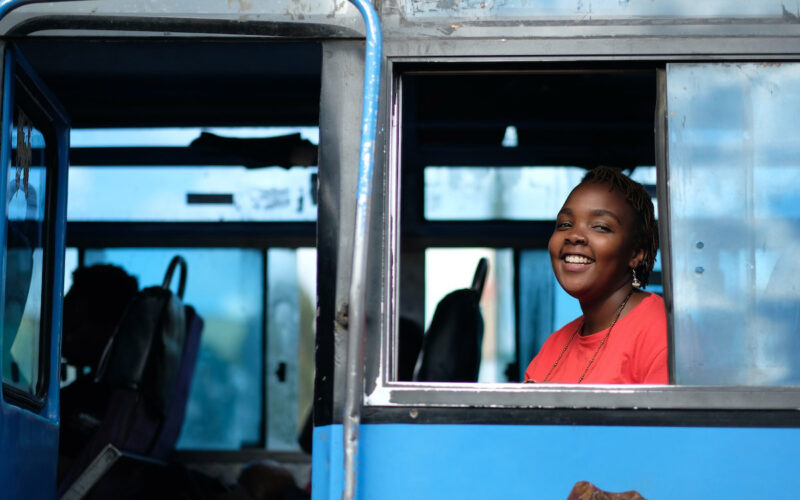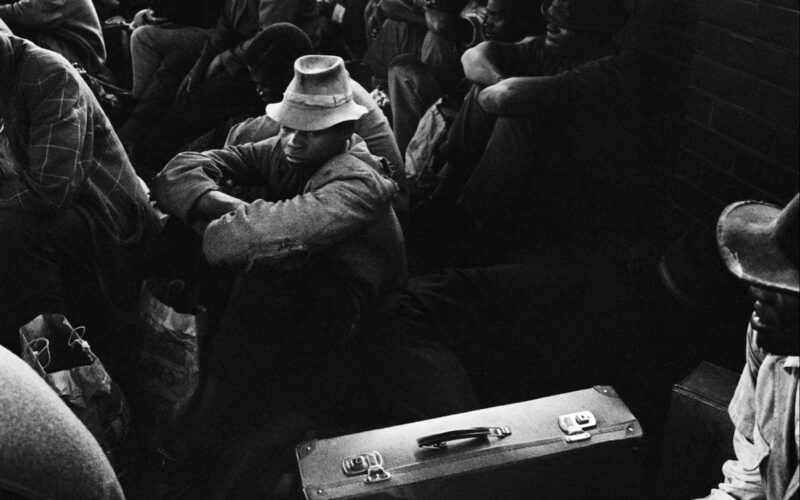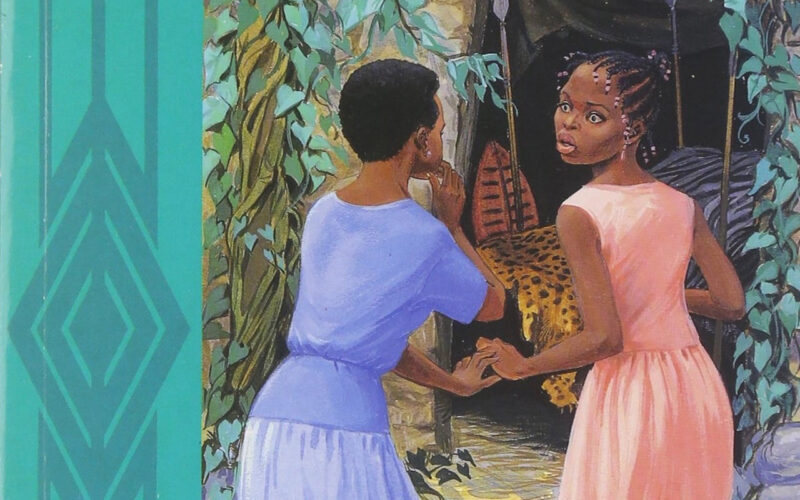
Children’s book revolution: how East African women took on colonialism after independence
AS independence from British colonial rule swept across East Africa in the early 1960s and freedom was won in Uganda, Kenya and Tanzania, parents and teachers worried about what their children were reading. Most children’s books on the market were dominated by European writers like Enid Blyton. One of Kenyan writer Ngugi wa Thiongo’s most stringent criticisms of colonialism was the explosive effect of this “cultural bomb” in the classroom, as missionaries taught African students Western cultures and foreign histories. This, according to Kenyan publisher Henry Chakava, was producing a new breed of black Europeans, who began to despise their…

